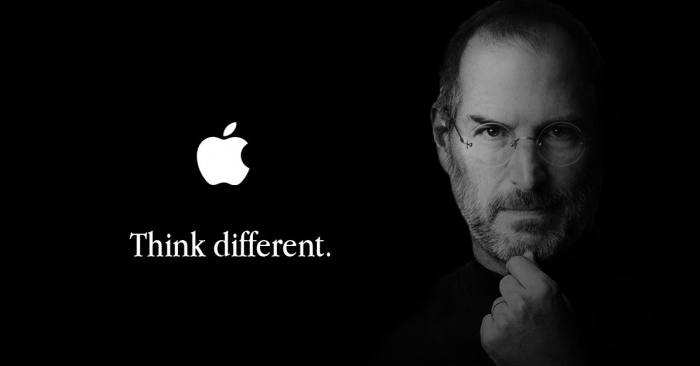As sent to the Observer Editor.
Dear Editor,
Your columnist Yusuf Serunkuma if I am right, in his provocative smackdown of Uganda’s so-called public intellectuals ( Kampala’s Dishonest Public Intellectuals, July 12) appears to suggest that those commenting on public affairs must have a unifying theory of what is wrong with Uganda – and act accordingly on it.
At various points he refers to them as ignoramuses, dandies and handmaidens to the violent and unaccountable authority of the state. Serunkuma offers one piece of analysis to back up his theory of “what is Uganda’s problem”. “ To understand Museveni’s Uganda” he opines, “one has to find meaning in chaos- because chaos is culture”. As profound as it sounds this view is neither illuminating nor edifying. In summary like YK Museveni’s own, and since abandoned effort, at simplifying the African problem, the article concludes that Museveni is Uganda’s problem. Museveni before this said something about leaders overstaying in power.

(Pictured above. Ramathan Goobi (@rggoobi) one of the most visible public intellectuals today. Photo Credit)
There is everything wrong with the oversimplification of the Ugandan or African problem because it tends to lend itself to propaganda rather than promote as the author would like enlightened debate. This is where in fact the article concludes drawing a line between pro-regime commentators “ like Andrew Mwenda” and anti-regime ones like “ Kalundi Serumaga”. This discourse is limiting and here is why.
First, on the subject of chaos.
It cannot be news that Uganda is a product of the violent construction of a state – and within it, society. That is the pen and sword that colonialist wielded and handed over to the black imperialists after independence. Uganda’s current government runs on a Victorian model of dirty industrialization and a crude engineering of social classes. That the institutions of state will be no more than referees to violent inequality, now and in the future, should not come as a surprise. The real logic of chaos is the social acceptance in Africa today of the idea of the state, the nationalisms it breeds as well as the legal, political and economic basis we have come to internalize as its role in managing social and economic relations.
Despite being a colonial innovation imposed through violence, most Ugandans and other Africans, cannot imagine living without the state as it is today presented. So, they will debate its qualities back and forth to measure progress. They are responding, like primary pupils, to a set of multiple-choice questions, imagining it gives them range. In fact, the real limit is what the examiner has set not the mind of the pupil. Serunkuma critique operates under the broad canopy of the inherited state as a force of good. .
Some of the problems we are having today is because politicians and their supporters operate under the hubris that since they are administrators of the state it automatically means that they are also managers of society. Obviously since the former colonial state is an ill fitted innovation this fiction reveals its limitations constantly leading to social upheaval and violence. To use one example. Even if most Ugandan communities have been around for hundreds of years – the current government under seal of electoral legitimacy proposed to abolish their native title to the land through compulsory acquisition and other ruses. It does this because it would like to create a new community based on capital and production.
The result has mostly been chaos.
The second problem for Serunkuma is the politics of his critique. If he cannot raise beyond the first, his review of government failures operates within the confines of the NRM’s short lived administration since 1986. This is a pernicious problem for most public debate in Uganda and operates almost as a form of censorship because all it accomplishes is debate what the NRM has done or failed to do.
After the liberation struggle – the set of issues that dominated the liberation wars has continued a stranglehold on the public conversation about government, politics and society. The liberation struggle became the main public prism through which the society sees itself, its challenges, measures its leaders and its prospects. It has established itself as a monopoly upon which any dreams of advancement are built. Fortress liberation is now a prison of ambition.
It is a prison also for the NRM which while occasionally drawing inspiration from other movements in Africa and Asia mostly confines its own report card to its own underachievement “since 1986” contrasted with “past leaders” since independence. It is the intellectual equivalent of negotiating your salary based on your last job not necessarily your true worth. It is no wonder that public discourse has degenerated into a set of competing propagandas between victors from the liberation wars and their detractors.
Intellectuals should break free from this framing. Without access to an expansive history and alternative imagination there can be no unlimited future. One cannot plan to send young Ugandans a future of their choice armed only with their confidence and imagination – if the physical and social circumstances upon which politics is interpreted today is the map that upon which they will plot that expedition.
Thank you.










